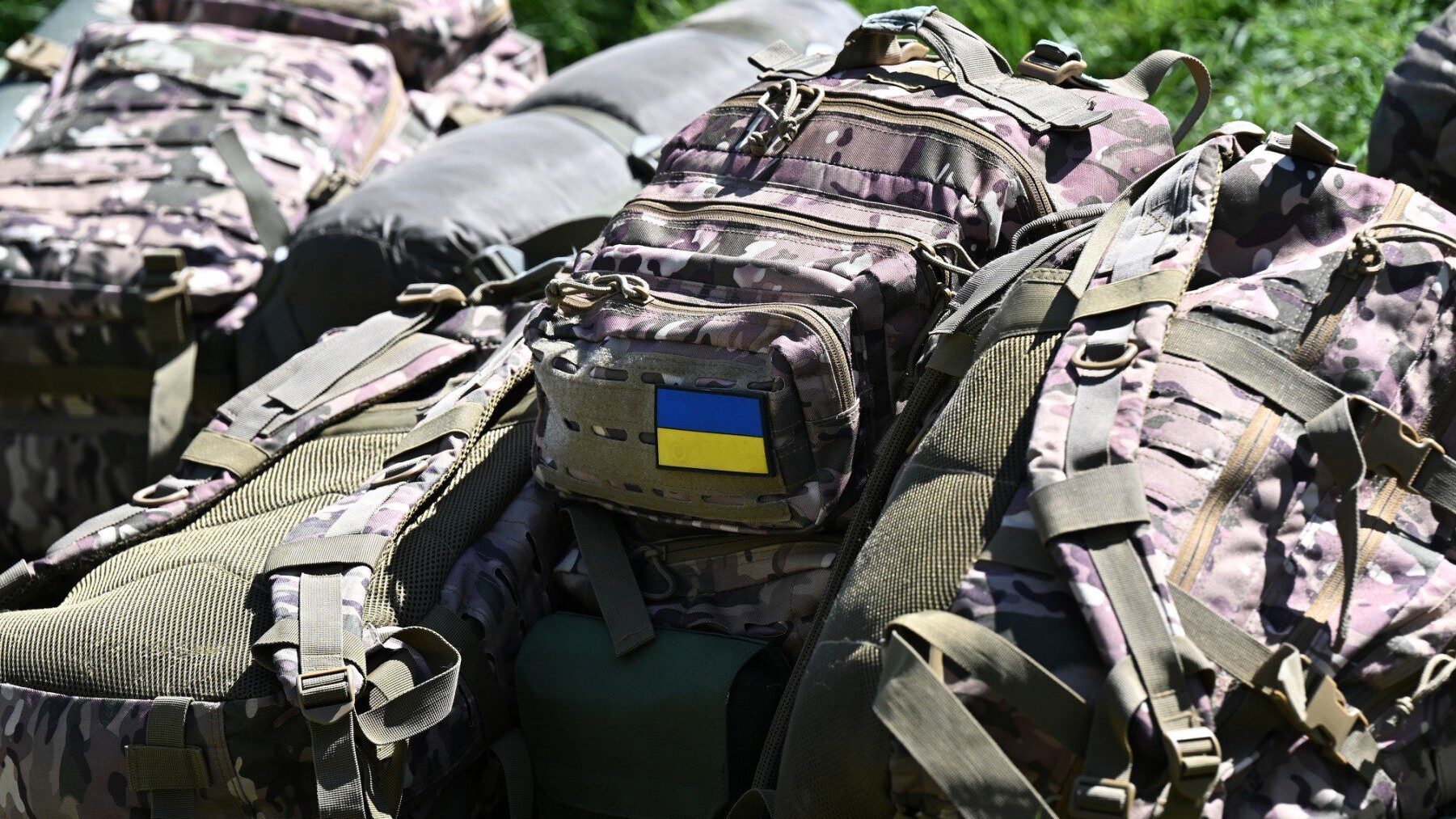
Photo: Paul ELLIS / AFP
Tensions are flaring yet again in Central Europe between Hungary and Ukraine, which has been angered that Hungary accepted eleven Ukrainian prisoners of war from Russia earlier this month without informing Ukraine ahead of time.
Hungarian Foreign Minister Péter Szijjártó, however, has denied his government had any official involvement in the exchange, a report from Euronews stated this week.
Zsolt Semjén, the Hungarian Deputy Prime Minister and leader of the Christian Democratic People’s Party, which forms the ruling government coalition alongside Prime Minister Orbán’s Fidesz, has claimed to have personally been behind the POW transfer along with the Hungarian Maltese Charity Service.
The prisoner exchange was initially announced by the Russian Orthodox Church earlier this month and while Ukrainian Foreign Ministry spokesman Oleg Nikolenko reacted positively to the release of the prisoners, he claimed that Ukraine had not been informed prior to the transfer.
Deputy Prime Minister Semjén reacted to the Ukrainian official’s statement by saying, “If I were a representative of Ukraine, I would have said thank you for this!”
The European Union has also reacted negatively to the affair, with EU spokesperson Peter Stano stating on Wednesday, “We believe that Hungary did not consult with Ukraine and that the case was handled in a way that was not agreed with them. However, this issue should have primarily belonged to Ukraine, since it is mostly about their citizens.”
Earlier this week it was revealed by Ukrainian rights ombudsman Dmytro Lubintes that three of the eleven POWs were transferred back to Ukraine but also claimed the Hungarians were restricting access to other prisoners and added, “I interpret Hungary’s actions as a violation of international humanitarian law.”
Ukrainian foreign ministry spokesman Nikolenko also said, “All attempts by Ukrainian diplomats over recent days to establish direct contact with the Ukrainian citizens have failed.”
“This, as well as information received from the relatives of some of them, indicates that the Hungarian authorities’ assurances of the alleged free status of Ukrainian defenders in Hungary are not true. In fact, they are kept in isolation,” he added.
Gergely Gulyas, Prime Minister Orbán’s chief-of-staff, also clarified that Hungary had informed Ukraine after the prisoners had arrived and that the government did not consider them prisoners of war as they had been released in Russia and are subsequently free to leave Hungary any time they wish.
There has been some speculation, however, that the men may not wish to return to Ukraine but there has been no official statement to that effect.
Not much is known about the prisoners themselves, other than that they are allegedly from the Transcarpatian region of Ukraine, which is home to a large Hungarian-speaking minority.
Relations between the governments of Hungary and Ukraine have been strained for years due to a host of issues, including the Ukrainian treatment of the Hungarian-speaking minority in the Transcarpathian region, which comprises around 150,000 people and was part of Hungary until the post-World War I Treaty of Trianon divided up parts of the country.
Hungary has accused Ukraine of mistreating members of the Hungarian minority in the past, including the removal of Hungarian flags and symbols in the district of Mukachevo as well as years-long complaints over a Ukrainian language law that would effectively ban Hungarian minorities from education in their native Hungarian language.
Tensions have also been heightened between the two countries due to the ongoing war between Ukraine and Russia as Hungary has blocked European Union sanctions packages against Russia.
In May, the Hungarians blocked the 11th round of sanctions against Russia after Ukraine had listed the OTP Bank as an ”international sponsor of war” due to the bank continuing to operate in Russia, though the sanctions did pass earlier this week.
Foreign Minister Szijjártó slammed the move by the Ukrainians and also mentioned the alleged threat by Ukraine to blow up the Druzhba pipeline, which transfers natural gas from Russia to Hungary and passes through Ukraine.
Later that month, Ukraine did attack the pipeline as part of a series of drone attacks in the Tver region northwest of Moscow, attacking a station that serves the pipeline, though Ukraine has not officially claimed responsibility.
Another attempted attack on the pipeline was reported earlier this month by the governor of the Bryansk region, who stated that drones had targeted a pipeline pumping station but were repelled by Russian air defences.
